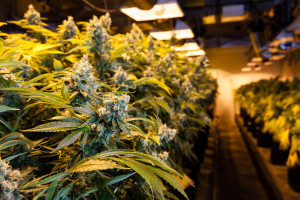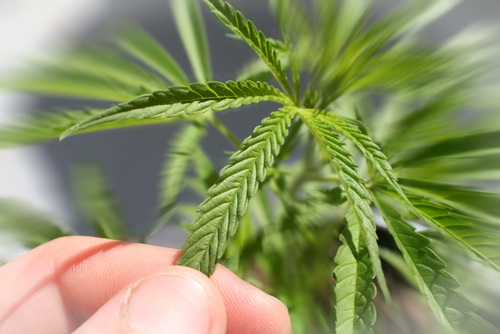 Marijuana seems to be having its time in the spotlight lately with the rolling legal reforms that continue to sweep Europe and the United States as well as the cultural obsession with glorifying it as the drug of choice for rappers, silicon valley moguls, and movie producers. But one of the more important changes regarding marijuana in the last two decades is the rapidly escalating potency of the plants on the market.
Marijuana seems to be having its time in the spotlight lately with the rolling legal reforms that continue to sweep Europe and the United States as well as the cultural obsession with glorifying it as the drug of choice for rappers, silicon valley moguls, and movie producers. But one of the more important changes regarding marijuana in the last two decades is the rapidly escalating potency of the plants on the market.
The cannabis plants of the 1960s were lucky to have 2-5% THC content in each batch. THC is the active chemical in the marijuana plant responsible for getting you high and the many medicinal uses currently under the microscope. Much like the percentage of alcohol reported on the sides of every beer bottle, THC content is an indicator of how potent the drug is at giving you the altered states associated with a marijuana high.
As cannabis farmers around the world, and in black-light grow-rooms up and down the California coast, have been experimenting with upscale horticultural techniques and cross-breeding different strains of the plant, they have been gradually increasing the THC content found in most marijuana on the market.
Studies in both Europe and the US show at least a 10% increase in THC content, and thus marijuana potency, in the last 20 years. The average baggie of marijuana on the street in 1993 had roughly 3.7% THC content. In 2013 the average was 12.6%… and climbing. This means that today’s low grade stuff is better than the best strains available in the 1960s. The world is experiencing a golden age of premium quality marijuana and experts in the addiction community are asking the question; Does this mean an increased risk of addiction or abuse?
It’s difficult to say how much cannabis potency affects the tendency for someone to develop a habitual abuse of the drug, but it certainly must be taken into account. With really strong effects coming from a simple plant, the dangers are more present than in previous generations and properly educating teenagers and young adults about making responsible choices is more important than ever.
For more information on marijuana or substance abuse, contact Lead Treatment Center at 800.380.0012.


